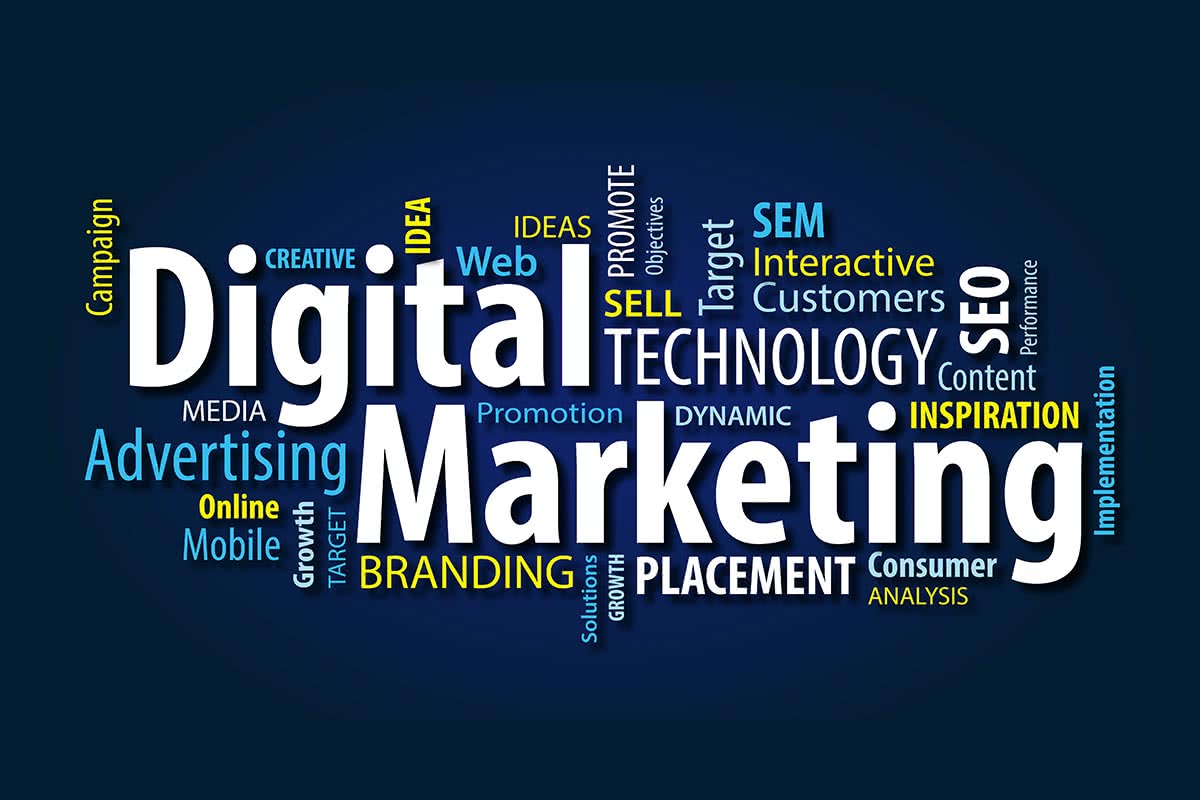Digital marketing constantly changes, and mastering it requires a variety of skills. As technology evolves and consumer habits change, staying competitive means not just keeping up with trends but also developing the right skills and picking the best career path. This article breaks down the key skills for digital marketing, explores possible career options, and shares tips for thriving in 2024.
1. Essential Skills for Digital Marketing
To thrive in digital marketing, professionals need a blend of technical, analytical, and creative skills. Here are some key skills to focus on:
a. Data Analysis and Interpretation
Understanding and interpreting data is crucial for making informed marketing decisions. Proficiency in data analysis helps marketers evaluate campaign performance, understand customer behavior, and optimize strategies.
- Analytics Tools: Familiarize yourself with tools like Google Analytics, SEMrush, and HubSpot to track and analyze data.
- Metrics Understanding: Learn to interpret key metrics such as conversion rates, click-through rates (CTR), and return on investment (ROI).
b. Search Engine Optimization (SEO)
SEO remains a fundamental skill for digital marketers. It involves optimizing website content and structure to improve visibility in search engine results.
- Keyword Research: Conduct thorough keyword research to identify terms your target audience is searching for.
- On-Page and Off-Page SEO: Implement on-page SEO techniques (like optimizing meta tags and content) and off-page strategies (such as building backlinks).
c. Content Creation and Marketing
Content is at the heart of digital marketing. Creating engaging and valuable content helps attract and retain customers.
- Writing Skills: Develop strong writing skills for creating blog posts, articles, and social media content.
- Content Strategy: Understand how to craft a content strategy that aligns with your brand’s goals and resonates with your audience.
d. Social Media Management
Social media platforms are essential for reaching and engaging with your audience. Effective social media management involves creating and executing strategies across various platforms.
- Platform Proficiency: Gain expertise in platforms like Facebook, Instagram, LinkedIn, and Twitter.
- Community Engagement: Learn to interact with followers, manage comments, and handle customer inquiries.
e. Email Marketing
Email marketing remains a powerful tool for nurturing leads and maintaining customer relationships.
- Campaign Creation: Understand how to create effective email campaigns, including newsletters, promotional emails, and automated workflows.
- List Management: Learn techniques for building and managing an email subscriber list to improve engagement and deliverability.
f. Pay-Per-Click (PPC) Advertising
PPC advertising involves paying for ad placements on search engines and social media platforms. Knowledge of PPC strategies helps drive targeted traffic and achieve marketing goals.
- Ad Platforms: Familiarize yourself with platforms like Google Ads and Facebook Ads.
- Campaign Optimization: Learn to optimize ad campaigns for better performance and return on investment.
2. Career Paths in Digital Marketing
Digital marketing offers a range of career paths, each with its own focus and opportunities. Here are some popular career options:
a. Digital Marketing Manager
A Digital Marketing Manager oversees the planning, execution, and optimization of digital marketing campaigns. This role involves coordinating with various teams, managing budgets, and analyzing campaign performance.
- Responsibilities: Develop and implement marketing strategies, manage digital channels, and analyze data to drive decision-making.
- Skills Required: Strong leadership, strategic thinking, and analytical skills.
b. SEO Specialist
An SEO Specialist focuses on improving a website’s search engine rankings through optimization techniques and strategies.
- Responsibilities: Conduct keyword research, optimize website content, and build backlinks.
- Skills Required: Expertise in SEO tools, knowledge of search engine algorithms, and technical SEO skills.
c. Content Marketing Strategist
A Content Marketing Strategist creates and manages content strategies to attract and engage target audiences.
- Responsibilities: Develop content plans, create content, and measure the effectiveness of content campaigns.
- Skills Required: Strong writing and editing skills, creativity, and strategic planning.
d. Social Media Manager
A Social Media Manager handles the brand’s presence on social media platforms, including content creation, community engagement, and performance tracking.
- Responsibilities: Develop social media strategies, create content, and manage interactions with followers.
- Skills Required: Proficiency in social media tools, creativity, and excellent communication skills.
e. Email Marketing Specialist
An Email Marketing Specialist focuses on creating and managing email campaigns to drive engagement and conversions.
- Responsibilities: Design and execute email campaigns, segment email lists, and analyze campaign performance.
- Skills Required: Knowledge of email marketing platforms, writing skills, and data analysis.
f. PPC Specialist
A PPC Specialist manages paid advertising campaigns on search engines and social media to drive traffic and conversions.
- Responsibilities: Create and optimize PPC campaigns, manage budgets, and analyze ad performance.
- Skills Required: Expertise in PPC platforms, analytical skills, and knowledge of ad targeting.
3. Strategies for Succeeding in 2024
To succeed in digital marketing in 2024, consider the following strategies:
a. Stay Updated with Trends
Digital marketing is a rapidly changing field. Stay informed about the latest trends, tools, and technologies to keep your skills and strategies current.
- Industry Blogs: Follow industry blogs and publications for updates and insights.
- Webinars and Conferences: Attend webinars and conferences to learn from experts and network with peers.
b. Continuous Learning
Invest in continuous learning to enhance your skills and adapt to new developments in digital marketing.
- Certifications: Pursue certifications in areas like SEO, Google Ads, and social media marketing.
- Online Courses: Enroll in online courses and training programs to expand your knowledge.
c. Leverage Data and Analytics
Use data and analytics to make informed decisions and optimize your marketing strategies.
- Performance Tracking: Regularly track and analyze performance metrics to identify areas for improvement.
- Data-Driven Decisions: Use data insights to guide your marketing decisions and strategies.
d. Embrace Innovation
Be open to experimenting with new tools, platforms, and techniques to stay ahead of the competition.
- Emerging Technologies: Explore emerging technologies like artificial intelligence and machine learning in marketing.
- Innovative Strategies: Test innovative marketing strategies and tactics to discover what works best for your audience.
Conclusion
Digital marketing is a dynamic field that requires a diverse set of skills and an understanding of various career paths. By developing essential skills, exploring different career options, and implementing strategies for success, you can thrive in the digital marketing landscape of 2024. Embrace continuous learning, stay updated with trends, and leverage data to build a successful career in digital marketing.
This article provides a comprehensive guide to the skills needed for digital marketing, potential career paths, and strategies for success in 2024. If you have any further questions or need additional topics, feel free to ask!

